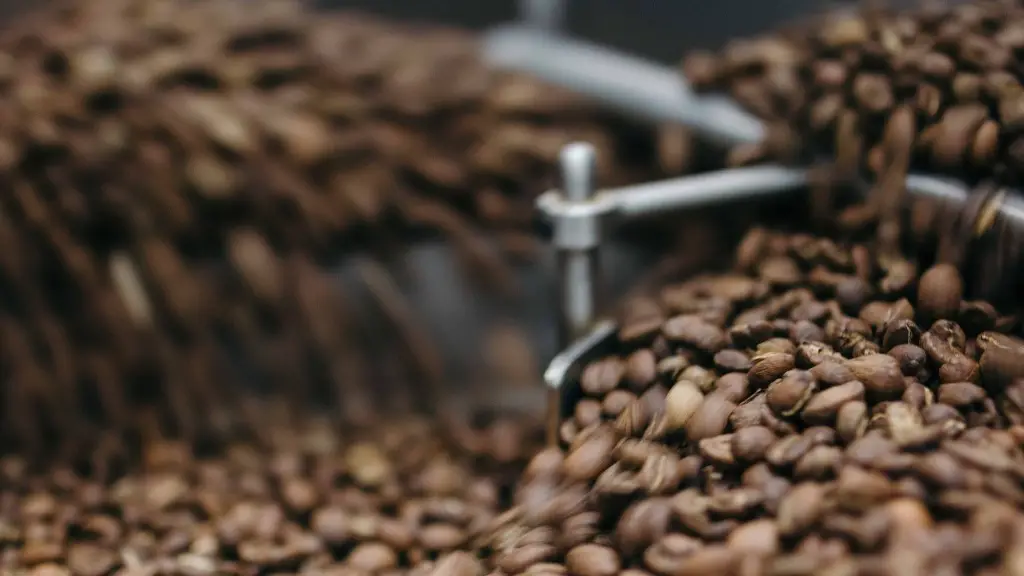Coffee is one of the most popular beverages in the world. It is a part of many people’s morning routine and is drunk to energize and feel more awake. But, what is the correct age for a person to start drinking coffee?
The short answer is that there is no specific age. However, most health professionals agree that children should not drink coffee, or any other caffeine-containing beverages, as it can have an adverse effect due to their bodies not being able to process caffeine properly. According to the American Academy of Pediatrics, children under the age of 12 should not be given coffee due to the caffeine content.
Most teenagers start drinking coffee around the age of 13-15. At this age, the body is able to better process the caffeine, which means that teenagers can handle the boost of energy that comes with drinking coffee. It is also important to note that coffee can be a source of vitamins and minerals, as well as antioxidants, making it a beneficial addition to a teen’s diet.
Though coffee can offer energy and concentration benefits, it is important to note that it should not be seen as a one-stop fix for fatigue and sleepiness. Drinking coffee can keep you awake and alert but it can also lead to anxiety and insomnia, especially if it is consumed late in the day.
When it comes to adults, it is usually accepted that there is no exact age for when one should start drinking coffee, though it is wise to consume it in moderation. The Dietary Guidelines for Americans recommend limiting intake to 400 mg of caffeine per day, which is approximately four 8-ounce cups of coffee.
In the end, it comes down to the individual and how their body processes and responds to caffeine. If you find yourself experiencing jitters, trouble sleeping, or feeling anxious after drinking coffee, then it is probably best to avoid it.
Caffeine Content in Coffee
It is important to note that the caffeine content of coffee can vary considerably based on factors such as roast type, brewing method and bean variety. Coffee brewed using the drip method typically has the highest caffeine content, while espresso has the least. In terms of roast type, light-roast coffee typically contains more caffeine than dark-roast.
The caffeine content of a cup of brewed coffee can range from as little as 80mg to over 200mg and a single espresso usually contains between 40-75mg of caffeine. It is also important to note that decaffeinated coffee still contains caffeine, though it is present in much lower quantities.
It is important to research the caffeine content of the type of coffee you are drinking and understand your own sensitivity to caffeine. This can help you regulate your intake and limit any adverse effects.
Calorie Content in Coffee
Most types of coffee are extremely low in calories and contain virtually no fat or protein. An 8-ounce cup of black coffee contains just 2 calories and no macronutrients at all. This means that coffee can be an effective way to get a boost of energy without adding any calories to your diet.
Of course, if you add milk, cream, or sugar to your coffee, then it will add calories to your drink. A single tablespoon of cream contains about 50 calories and a teaspoon of sugar has roughly 16 calories.
Coffee benefits
Although coffee should not be seen as a replacement for regular meals, it does offer several benefits. As mentioned before, coffee contains beneficial micronutrients such as magnesium, potassium, and Vitamin B2. It is also a source of antioxidants, which can help reduce inflammation and protect cells from damage.
Coffee can also stimulate the body and mind and make you feel more alert and productive. It is also important to note that the caffeine in coffee can boost metabolism, increase fat burning and reduce food cravings. This makes it a good choice if you are trying to lose weight.
Side Effects of Coffee
In moderation, coffee can be a great addition to your diet but overconsumption can lead to some side effects. These can include restlessness, insomnia, irritability and nervousness. Consuming too much can also cause headaches, an upset stomach, and even result in heart palpitations. More serious side effects include increased risk of certain types of cancer and heart disease.
Pregnant women are also advised to limit their caffeine intake, as it can increase the risk of miscarriage, stillbirth, and low birth weight. It is best to consult a doctor before drinking coffee if you are pregnant or have any other medical condition.
Conclusion
Overall, coffee can be an enjoyable and beneficial addition to a healthy diet, but it should be enjoyed in moderation. There is no definite age for starting to drink coffee, but it is usually recommended that children do not drink coffee due to the potential adverse effects. Adults should also limit their intake so as to not experience any undesirable side effects.




